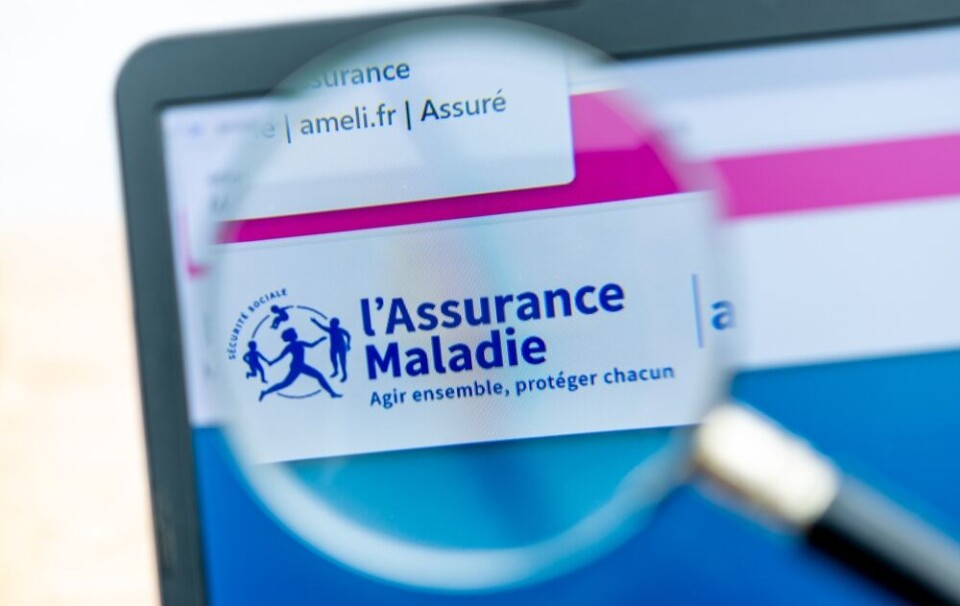Tap water bans in France: contamination risk and how to check quality of your water
Some areas measured more than 20 times the recommended level of ‘forever chemicals’
People in the communes affected by outright tap water bans will receive bottled water.
Yuri Samsonov / Shutterstock
Tap water has been banned in 16 communes in France due to contamination by PFAS ‘forever chemicals’, with some areas recording more than 20 times the recommended level.
Residents of 16 communes in the Ardennes and Meuse departments in the north-east are to be banned from drinking tap water after authorities confirmed excessive levels of toxic chemicals known as PFAS - widely known as ‘forever chemicals’.
The measure, which was effective on Saturday, July 5, in four communes in Meuse, will be extended to another 12 communes in the south of the Ardennes from July 10 .
In total, nearly 3,500 residents are affected.
Tap water must not be consumed or used to prepare infant formula. No end date for the ban has been set.
The alert follows water testing which showed PFAS concentrations significantly above the legal limit of 100 nanograms per litre.
According to investigations by France 3 and media outlet Disclose, some areas show concentrations far higher than this threshold.
In particular, the commune of Villy in the Ardennes - one of the communes affected by the ban - recorded the highest level ever identified in France, with 2,729ng/L.
What are PFAS?
PFAS (per- and polyfluoroalkyl substances) are synthetic chemicals used widely in industrial and consumer products since the mid-20th Century, including in non-stick cookware, waterproof clothing and fire-fighting foams.
They are highly persistent in the environment and in the human body and have been linked to a range of health problems, including elevated cholesterol, certain cancers, and fertility issues.
Local authorities suspect the contamination may be due to the spreading of industrial paper mill sludge near water catchment areas.
In Meuse, the villages affected are located along the Loison river. In Ardennes, the communes are close to the Meuse or one of its tributaries.
The Ardennes prefecture stated that “the total concentration of the 20 main PFAS exceeds the regulatory limit in a persistent and significant way.”
It has urged local authorities to submit action plans as soon as possible to reduce PFAS levels and restore compliance with health standards.
How to check water quality where you are?
You can use the search tool on service-public.fr here to find a breakdown of contaminants (excluding PFAS) in your local water network.
The same information is also available on your water bill, or in many cases, on the website of the water company that manages your network.
The contaminants listed in these standard tests include arsenic, ammonium and various bacteria.
How to search specifically for information on PFAS?
A searchable database is available on the website of price comparison company Selectra, here.
This tool uses data from tests on 971 drinking water networks, 13 of which were found to have excessive levels of PFAS.
France has 10,518 drinking water networks, which means the Selectra tool is far from comprehensive.
Indeed, testing will not be mandatory in France until 2026, when PFAS levels will be listed along with other contaminants on the water bill.
What can you do to combat PFAS in your tap water?
If your local water tests show elevated PFAS levels, there are some at-home filtration methods that may help reduce your exposure.
Activated carbon filters, such as those found in some jug or under-sink systems, can remove certain PFAS through a process called adsorption.
However, their effectiveness varies depending on the precise variety of PFAS (there are more than 20), water quality, and how often filters are replaced.
More advanced options include nanofiltration and ion exchange resins, which offer higher removal rates but are typically more expensive and complex to install.
Electrochemical oxidation, still in early development, is showing promise in lab settings but is not yet widely available.
Experts recommend having your water tested to identify which PFAS are present, and consulting a certified water treatment professional to choose the most suitable solution. Regular filter maintenance is key to keeping protection effective over time.
People in the communes affected by outright tap water bans will receive bottled water.
In Villy, providing tap water is estimated to cost the commune €18,000 per year. “We will end up paying 100 times more than if the water were safe at source,” mayor Richard Pilbiche told France 3.
A similar, albeit limited ban came into effect in May for 11 communes close to Bâle-Mulhouse airport, near Basel, in the Saint-Louis area in Haut-Rhin (Grand Est).





























